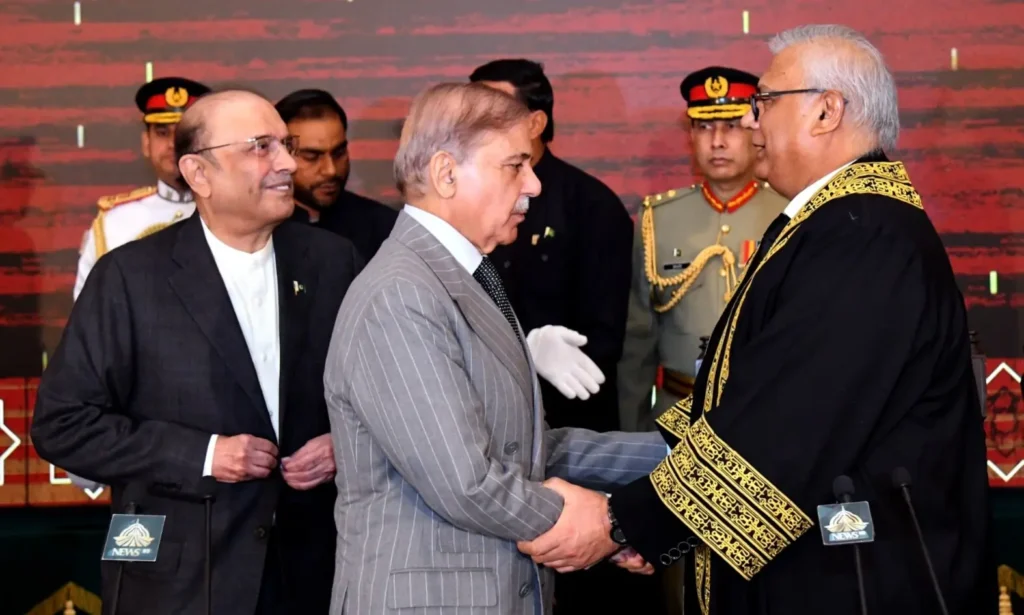ISLAMABAD — The Federal Constitutional Court (FCC) has formally adopted the Supreme Court Rules 2025 to govern its practice and procedure, a key step towards operationalising the newly established constitutional forum. The decision was taken in a full court meeting chaired by Chief Justice Aminuddin Khan, The Express Tribune has learned.
According to the decisions finalised during the meeting, cases before the FCC will now be heard by a bench comprising at least two judges, while appeals or challenges against decisions issued by a two-judge bench will be taken up by a larger bench of no fewer than three judges.
The full court also decided that lawyers of the Supreme Court will be eligible to appear before the FCC. The Attorney General for Pakistan and Advocates General of all four provinces have been formally informed of the new procedural framework.
The adoption of the Supreme Court Rules 2025 provides much-needed clarity on how the FCC will function administratively and judicially. The rules were prepared by a committee constituted by Chief Justice Yahya Afridi, which worked closely with the Pakistan Bar Council and the Supreme Court Bar Association to update and modernise the existing 1980 rules.
The revised 2025 rules introduce 60 new provisions, eliminate five outdated provisions, and incorporate measures aimed at improving efficiency, digitisation, and transparency within the judicial system. According to the Supreme Court, the updated framework is designed to bring procedural clarity and support the modernisation of Pakistan’s justice system.

